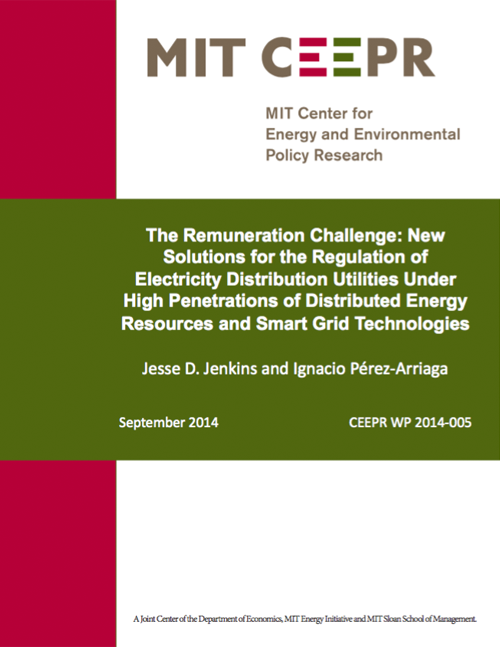
Abstract
Ongoing changes in the delivery of electricity services and the use and management of electricity distribution systems including the proliferation of distributed energy resources, smart grid technologies (i.e., advanced power electronics and information and communication technologies) and active system management techniques present new challenges for the economic regulation of electricity distribution utilities. In particular, regulators are likely to face increased uncertainty regarding the evolution of network uses and the efficient cost of network investments and maintenance, as well as an increased informational disadvantage vis-a?-vis the regulated utility. These challenges are important for both cost of service (or rate of return) regulation and incentive regulation approaches (also known as revenue or price cap regulation, RPI-X, performance-based regulation, or output-based regulation). This paper proposes a novel process for establishing the allowed revenues of an electricity distribution utility and demonstrates its application as a practical solution to the imminent regulatory challenges discussed above. The proposed method is a new combination of three established regulatory tools: an engineering-based reference network model (RNM) for forward-looking benchmarking of efficient network expenditures; an incentive compatible menu of contracts to elicit accurate forecasts from the utility and establish profit-sharing incentives for cost saving efficiency efforts; and ex’ post automatic adjustment mechanisms, or “delta factors,” to accommodate uncertainty in the evolution of network use and minimize forecast error. Simulation of a realistic, large-scale urban distribution network is used to demonstrate, step-by-step, the practical implementation of this novel regulatory process and illustrate the advantages for the economic regulation of electricity distribution utilities under increasing penetration of distributed energy resources and smart grid technologies.
Research Areas